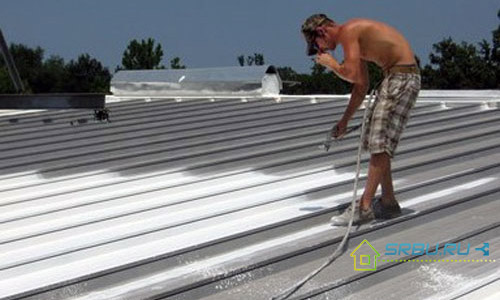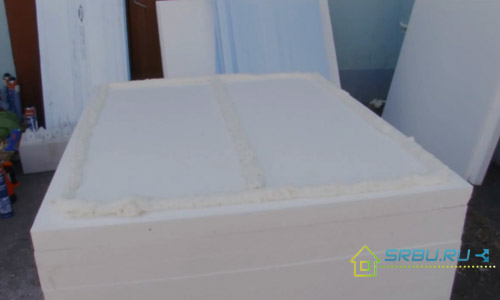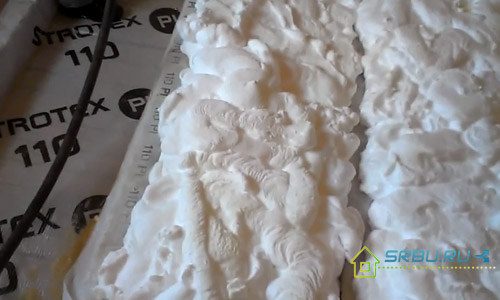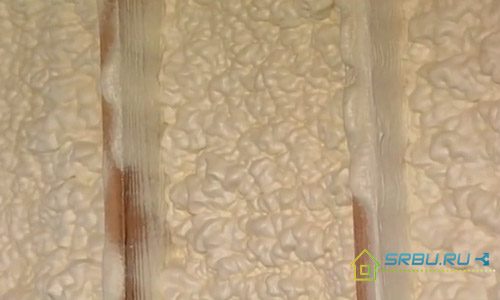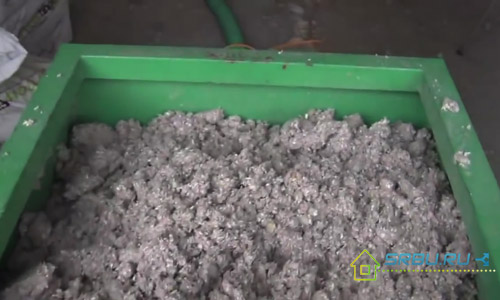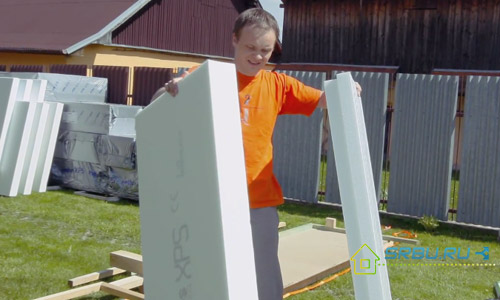Basalt wool
Insulation basalt wool in its composition contains fibers of basalt rocks with a thickness of approximately 1 - 15 microns. They intertwine, forming cells with air inside the insulator. Therefore, the material qualitatively keeps heat inside the structure and does not let in sound.
Basalt wool insulates the internal and external surfaces of walls, roofs, and protects stoves, boilers and various pipelines from heat loss. Insulation basalt wool receives reviews mainly due to its strength and stability over a wide range of temperatures.
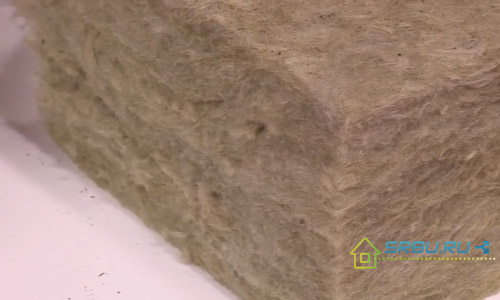
Advantages of basalt wool:
- the material does not change its properties at temperatures up to + 1000 ° C;
- resistant to sharp temperature changes;
- resistant to aggressive chemicals (acid, solvent, alkali);
- not subject to deformation;
- repels water;
- non-combustible material, does not support combustion;
- not covered with fungus and mold;
- in the process of technological heating within the permissible limits does not emit hazardous compounds;
Disadvantages:
- over time, the insulator at the junction can form gaps and the thermal insulation performance of the coating is violated.
- due to the high vapor permeability, basalt insulation cannot be used to insulate objects that are constantly exposed to moisture, it can be basement floors and foundations.
View / Hide Description






